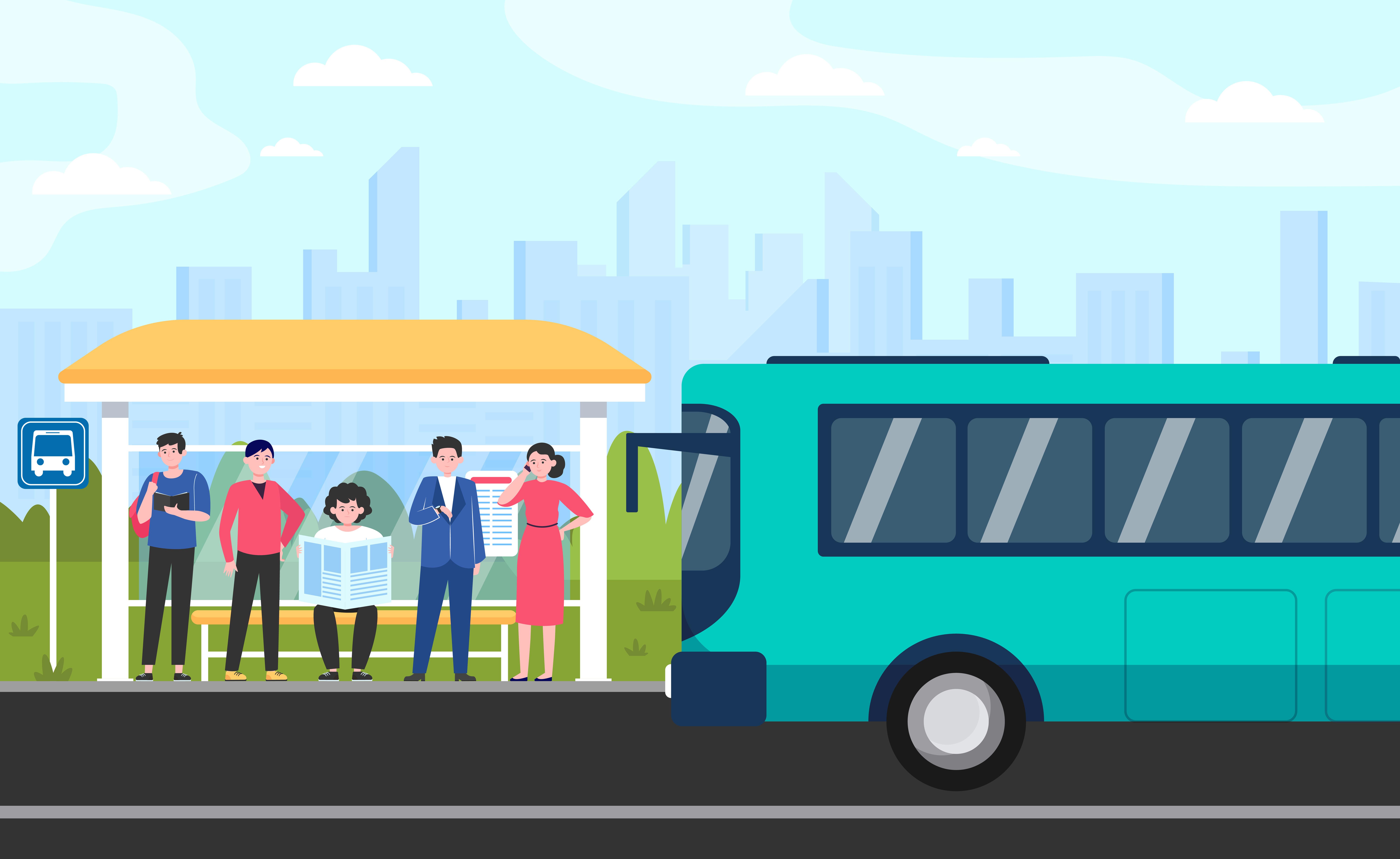Cost vs. Benefits of Developing a Bus Ticket Booking App

Technology is transforming how businesses operate, helping them improve efficiency, increase revenue, and enhance customer satisfaction. The transportation industry has seen one of the most significant changes, with bus operators—whether small regional companies or large intercity networks—turning to Bus Ticket Booking App Development to simplify operations and offer passengers a seamless, convenient travel experience.
However, many businesses hesitate before investing in an app due to concerns about cost. In this article, we explore the cost vs. benefits of developing a bus ticket booking app, highlighting why this investment can be a game-changer for your business.
Understanding the Costs of Bus Ticket Booking App Development
Before evaluating the benefits, it’s essential to understand the costs associated with developing a bus ticket booking app. These costs can vary based on app complexity, features, platform, and maintenance requirements.
1. Development Costs
The primary expense in bus ticket booking app development is the development itself. Factors influencing cost include:
-
Platform Choice: Developing a native app for iOS, Android, or both increases costs. Cross-platform solutions like Flutter or React Native can reduce expenses.
-
App Features: Essential features include ticket booking, seat selection, payment integration, notifications, and real-time tracking. Advanced features like AI-based seat recommendations or dynamic pricing increase costs.
-
Design & User Experience: A clean, intuitive interface is critical for user adoption. Investing in professional UI/UX design may raise initial costs but ensures better customer retention.
Typical development costs can range from $15,000 to $50,000 or more, depending on the complexity and location of your development team.
2. Maintenance Costs
Developing the app is only the first step. Maintaining the app involves:
-
Regular bug fixes and updates
-
Server hosting and cloud storage costs
-
Customer support and user assistance
Maintenance costs generally account for 15–20% of the initial development cost per year. Neglecting maintenance can lead to poor user experience and decreased app usage.
3. Marketing and Launch Costs
Once the app is ready, you need to promote it to attract users. Marketing costs may include:
-
Digital marketing campaigns (social media, search engine ads)
-
Partnerships with travel platforms or local businesses
-
Launch events or promotions
Depending on your strategy, marketing costs can range from $2,000 to $10,000 initially.
Benefits of Bus Ticket Booking App Development
While costs can seem substantial, the benefits of a bus ticket booking app often outweigh the investment. These benefits impact revenue, efficiency, and customer satisfaction.
1. Increased Revenue
One of the most tangible benefits is boosting sales. A mobile app allows customers to book tickets anytime, anywhere, reducing missed opportunities.
-
Easy Booking: Customers can quickly reserve tickets, leading to more frequent purchases.
-
Dynamic Pricing: Some apps allow dynamic pricing based on demand, optimizing revenue.
-
Upselling Opportunities: Apps can promote premium seats or add-on services.
According to industry reports, transportation companies that adopt digital booking solutions often see a 20–30% increase in revenue within the first year.
2. Enhanced Customer Experience
A well-designed bus ticket booking app improves the user experience significantly:
-
Real-Time Tracking: Passengers can track bus locations, reducing uncertainty and wait times.
-
Hassle-Free Payments: Integrated payment gateways allow secure and instant payments.
-
Notifications & Updates: Users receive alerts about delays, cancellations, or promotions.
Happy customers are more likely to become repeat users and recommend your service to others, driving organic growth.
3. Operational Efficiency
A bus ticket booking app automates several operational tasks, reducing manual workload:
-
Ticket Management: Digital tickets reduce the need for physical counters and paper tickets.
-
Scheduling: Automated scheduling and seat allocation minimize human errors.
-
Reporting: Real-time data allows management to monitor bus occupancy and route efficiency.
This operational efficiency translates into cost savings over time, partially offsetting initial app development expenses.
4. Data Insights and Analytics
Digital apps generate valuable data on user behavior, preferences, and travel patterns:
-
Identify popular routes and peak booking times
-
Track customer demographics and preferences
-
Optimize marketing campaigns and promotions
Leveraging this data can help improve service offerings and increase revenue.
Cost vs. Benefit Analysis
Let’s compare the typical costs and benefits of developing a bus ticket booking app:
|
Aspect |
Cost |
Benefit |
|
Development |
$15,000–$50,000+ |
Scalable, feature-rich app; enhanced brand value |
|
Maintenance |
15–20% of development per year |
Smooth user experience; reliable operations |
|
Marketing |
$2,000–$10,000 |
Attracts more users; boosts adoption rate |
|
Operational Efficiency |
Reduced manual work |
Lower long-term costs; fewer errors |
|
Revenue Growth |
Initial investment |
20–30% increase in bookings; upselling opportunities |
|
Customer Experience |
Investment in design & features |
Repeat customers; better brand reputation |
|
Data Analytics |
Minimal (built-in tools) |
Better decision-making; targeted marketing |
Key Insight: While the upfront cost may seem significant, the long-term benefits—higher revenue, operational efficiency, and enhanced customer satisfaction—make bus ticket booking app development a worthwhile investment.
How to Maximize ROI from Your Bus Ticket Booking App
To get the best return on investment, businesses should consider:
-
Feature Prioritization: Focus on core features that solve customer pain points before adding advanced options.
-
Scalable Architecture: Choose a development framework that allows easy updates and feature expansion.
-
User-Friendly Design: Invest in professional UI/UX to encourage adoption and engagement.
-
Marketing Strategy: Use digital campaigns and partnerships to attract users.
-
Analytics Integration: Track performance, bookings, and user behavior to optimize operations.
Conclusion
Investing in Bus Ticket Booking App Development is no longer optional for modern transportation businesses—it’s a strategic decision that can boost revenue, improve customer experience, and enhance operational efficiency.
While costs for development, maintenance, and marketing are unavoidable, the long-term benefits—including increased bookings, streamlined operations, and valuable data insights—often far outweigh these expenses.
For businesses looking to stay competitive in the digital era, a custom bus ticket booking app is a smart investment.







